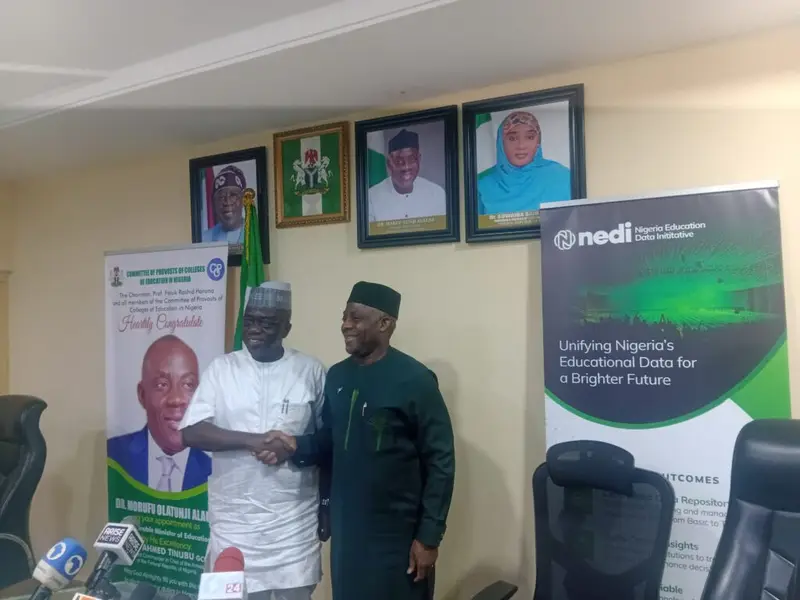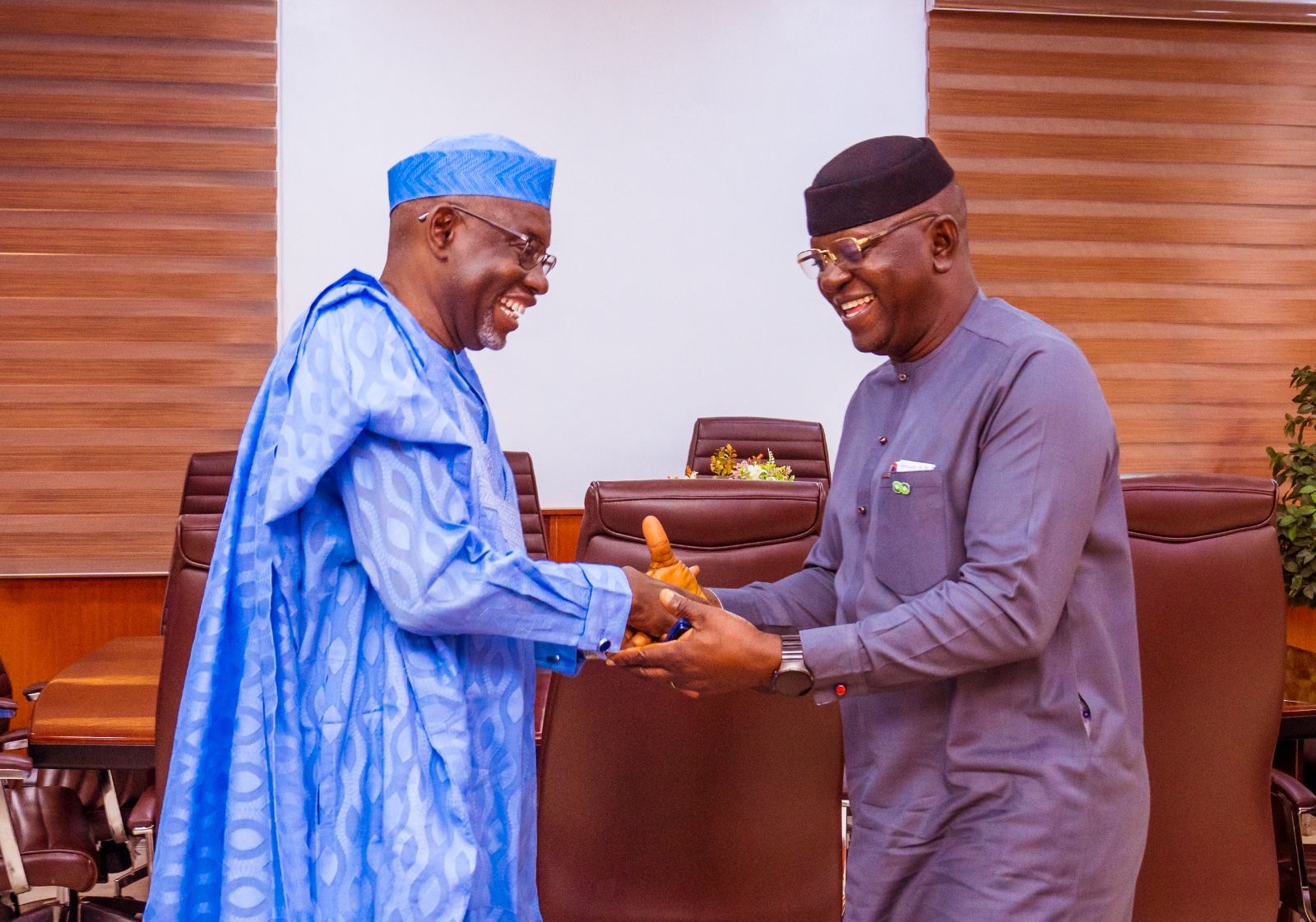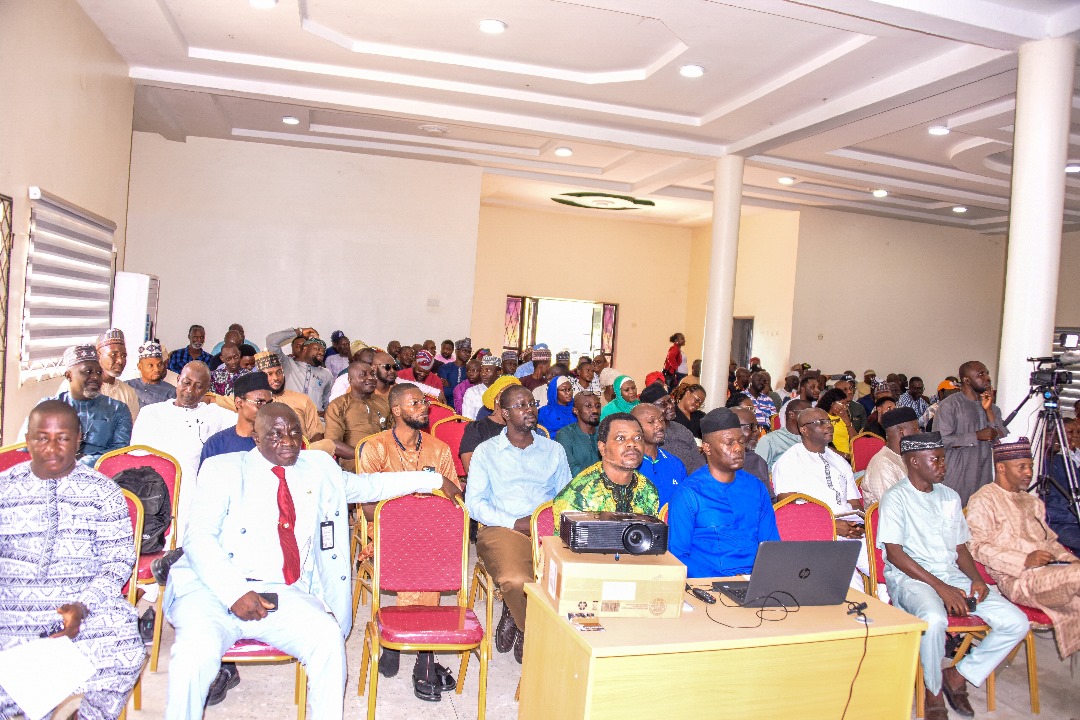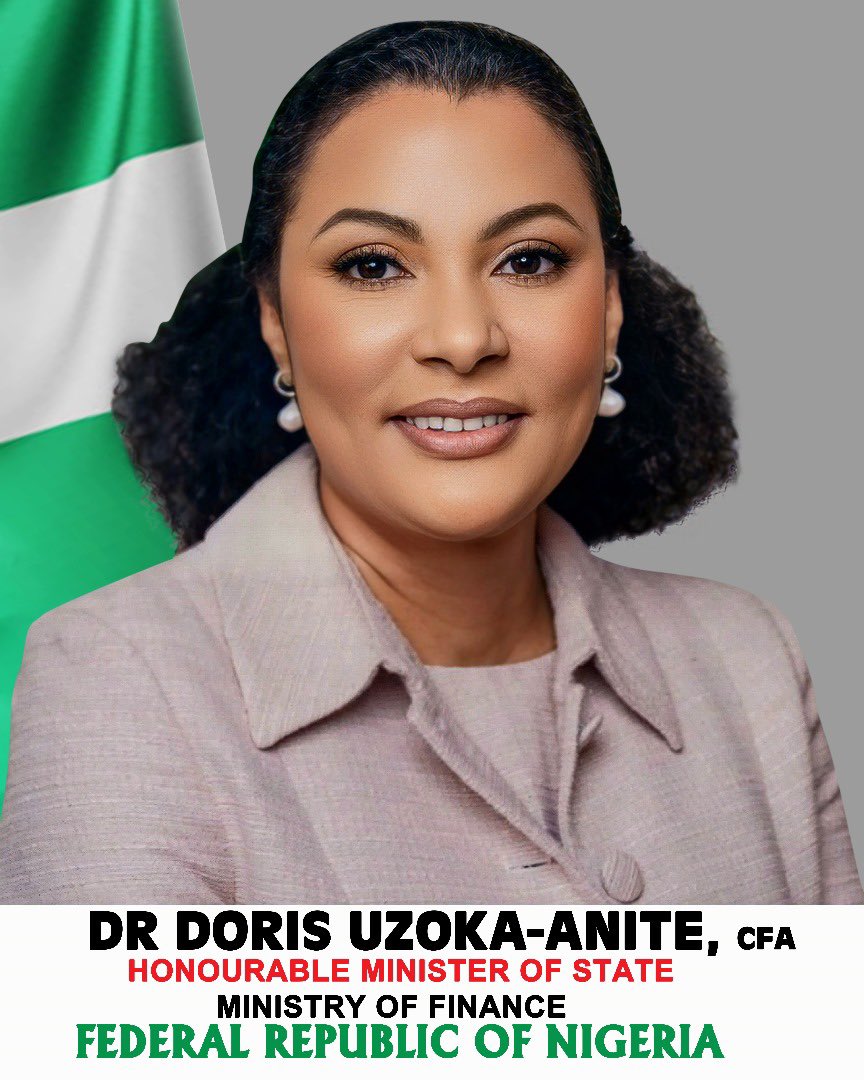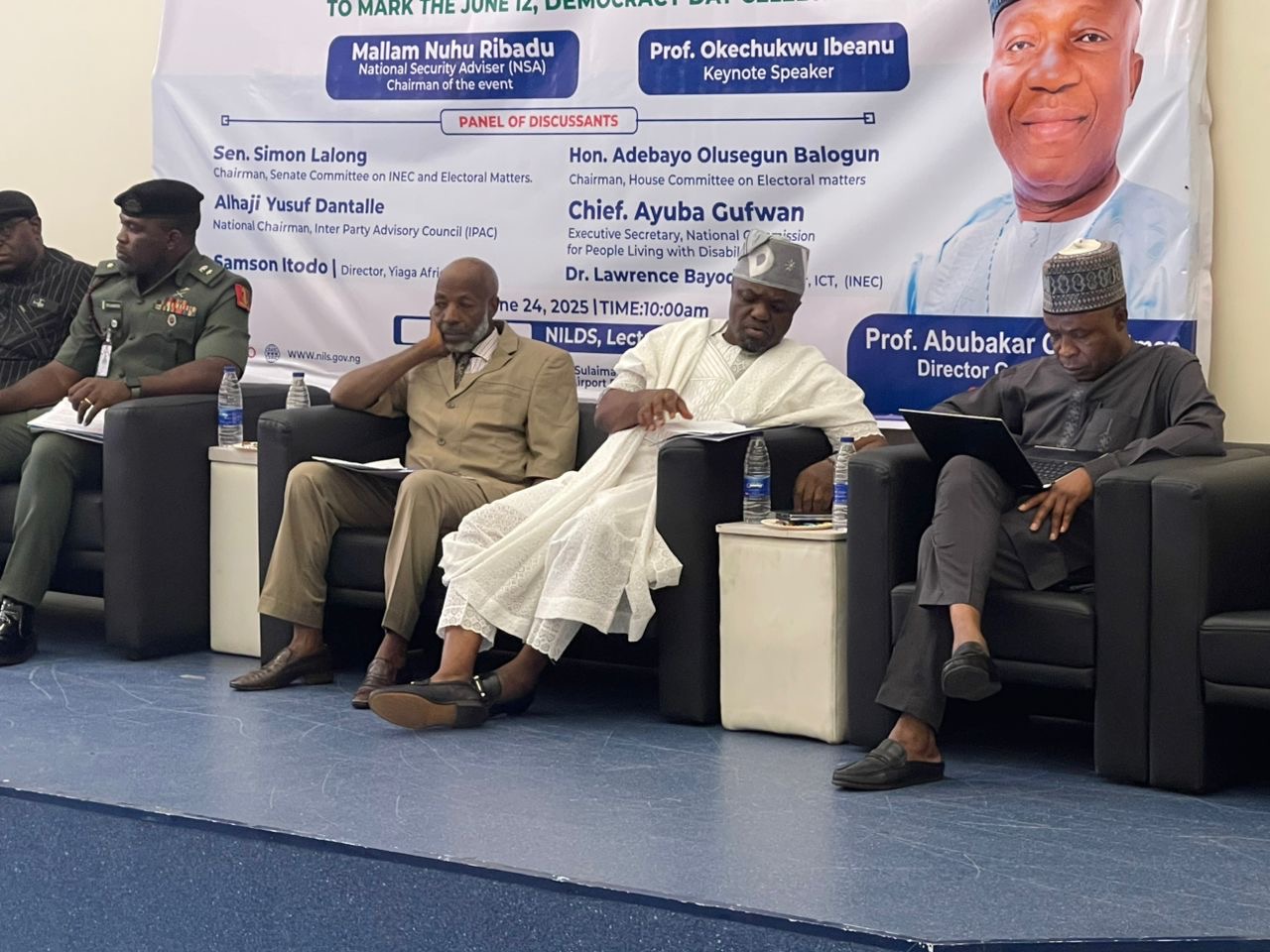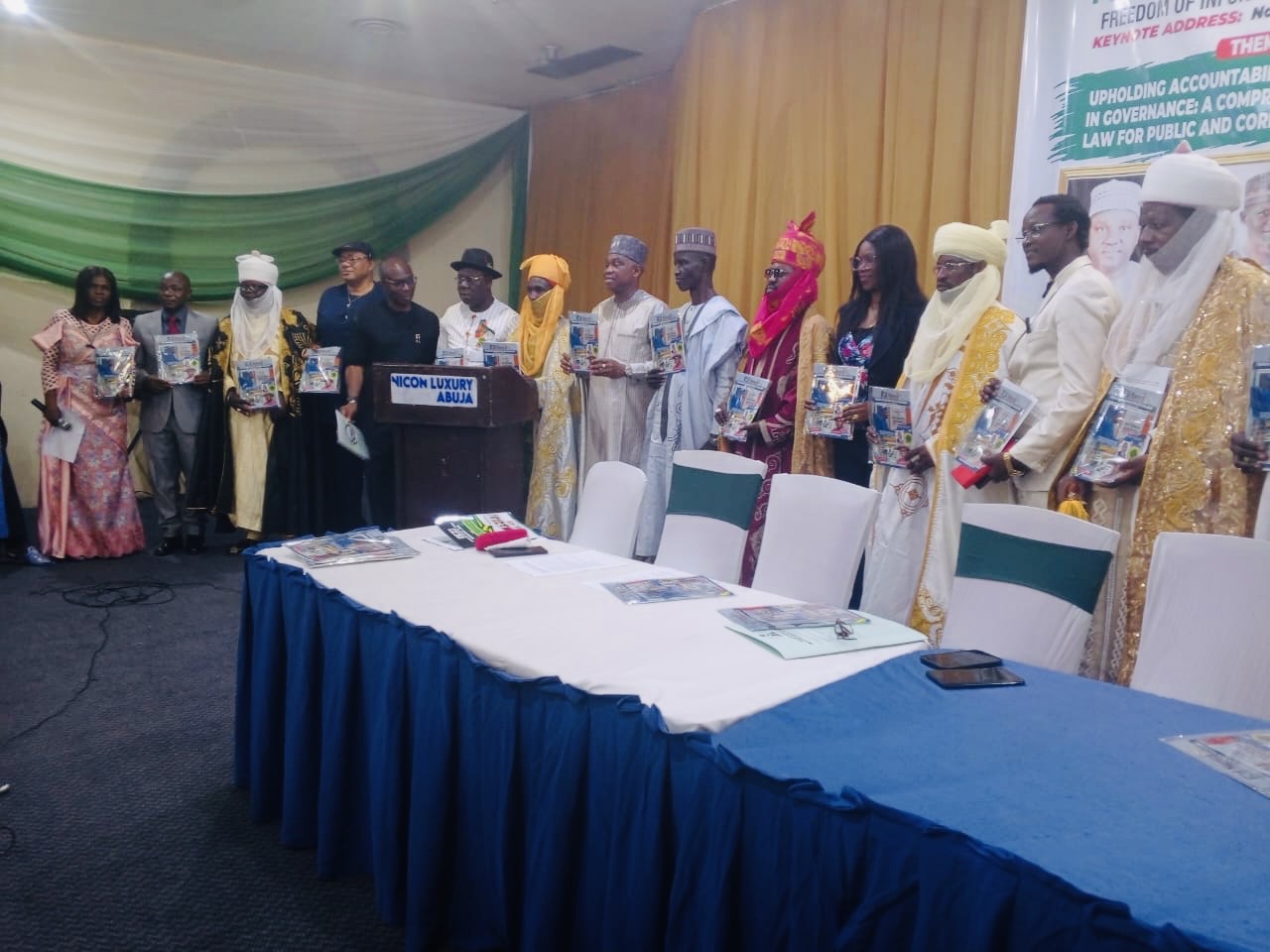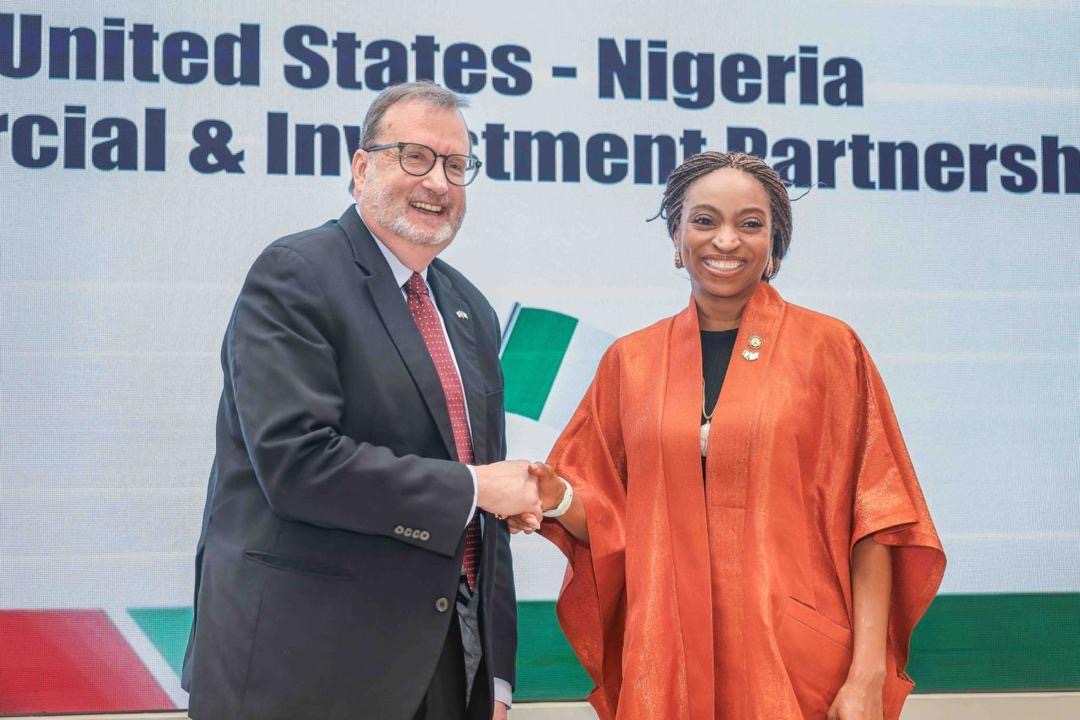FG lauds gender milestones in TRIMING project
By Muhammad Nur Tijani
The Federal Government says it has recorded significant progress in gender mainstreaming and the prevention of gender-based violence (GBV) under the World Bank-supported Transforming Irrigation Management in Nigeria (TRIMING) project.
The Minister of Water Resources and Sanitation, Prof. Joseph Utsev, made this known on Wednesday at a dissemination workshop in Kano, themed “From Tradition to Transformation, Led by Women”.
Utsev was represented by the Permanent Secretary in the ministry, Mr Richard Pheelangwah.
He said the workshop was convened to share success stories and celebrate milestones in equity, inclusion, and protection of vulnerable groups across participating states.
He said the TRIMING project, designed to enhance irrigation infrastructure, also focused on integrating gender and social safeguards into water resources governance.
“The TRIMING project has moved from rhetoric to real action. Women, girls, youth, and other disadvantaged groups now participate actively in irrigation governance through Water Users Associations (WUAs),” he said.
According to him, some of the key achievements include the institutionalisation of Gender-Based Violence Action Plans across all project sites, widespread community sensitisation, and provision of survivor support mechanisms.
The minister noted that the initiative had enabled the emergence of women leaders within traditionally male-dominated Water Users Associations, significantly improving their role in decision-making.
“Women have not only gained access to irrigated plots but have also risen to leadership positions within WUAs. This has contributed to their social and economic empowerment,” he added.
He said that through behaviour change campaigns, gender sensitivity training, and grassroots partnerships, the project had helped to shift entrenched cultural attitudes towards gender-based violence.
Utsev emphasised that the TRIMING interventions aligned with global best practices and the World Bank’s Environmental and Social Standards, positioning the project as a model for future development efforts.
“Through radio programmes, dialogue sessions, and storytelling in local languages, the project has helped reposition GBV as a public concern rather than a private matter,” he said.
The minister commended President Bola Tinubu for providing an enabling policy environment for the implementation of the TRIMING project under the Renewed Hope Agenda.
He also appreciated the World Bank, the National Project Coordination Unit, implementing agencies, and community stakeholders for their sustained collaboration.
“As the TRIMING project winds down, I urge all stakeholders to integrate these gains into state and local government programmes,” he said.
Utsev further called for the replication of the project’s achievements in other water and agricultural development programmes, along with relevant policy reforms to institutionalise gender equity.
“The journey to a society free of gender-based violence is not a sprint but a marathon that demands courage, commitment, and compassion,” he said.
Also speaking, the Permanent Secretary, Mr Richard Pheelangwah, reiterated the importance of gender inclusion in development planning.
Represented by the Deputy Director of Irrigation, Mrs Hauwa Sadique, he noted that gender equality and social inclusion were central to the design and delivery of the TRIMING project.
He said the project had contributed to improved community resilience and livelihoods and stressed the need to institutionalise its gains and scale up successful models.
He urged stakeholders to recommit themselves to promoting gender justice and safeguarding vulnerable populations.
In his remarks, the National Project Coordinator of TRIMING, Mr Ipinlaye Olaiya, said the initiative had achieved notable results in promoting gender-responsive approaches and preventing violence.
He outlined the workshop as an opportunity to showcase how the project had transformed communities and empowered target groups across participating states.
“Women, girls, youth, and disadvantaged groups now play significant roles in water management and agriculture, with robust mechanisms in place to ensure their protection and participation,” Olaiya said.
The News Agency of Nigeria reports that the TRIMING project aims to boost agricultural productivity and improve water governance by rehabilitating and expanding irrigation infrastructure in selected regions across the country. (NAN)
Edited by Tosin Kolade




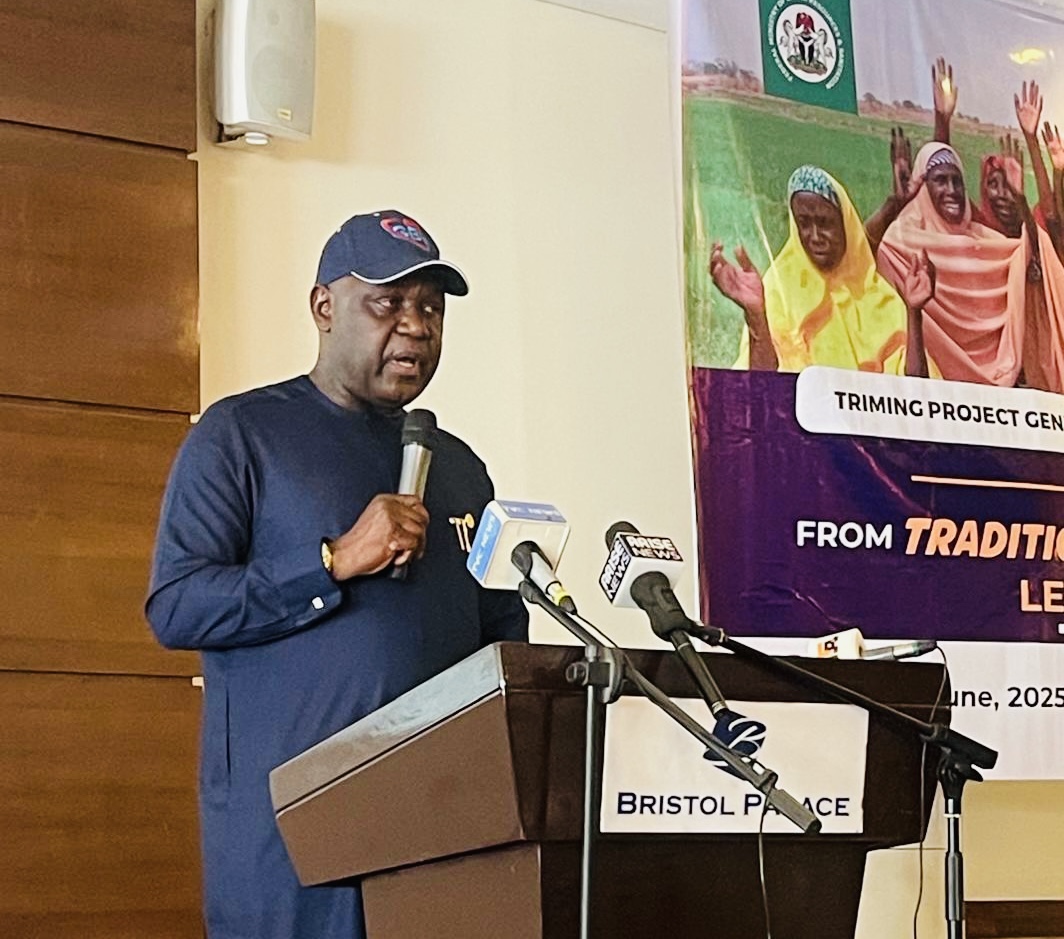
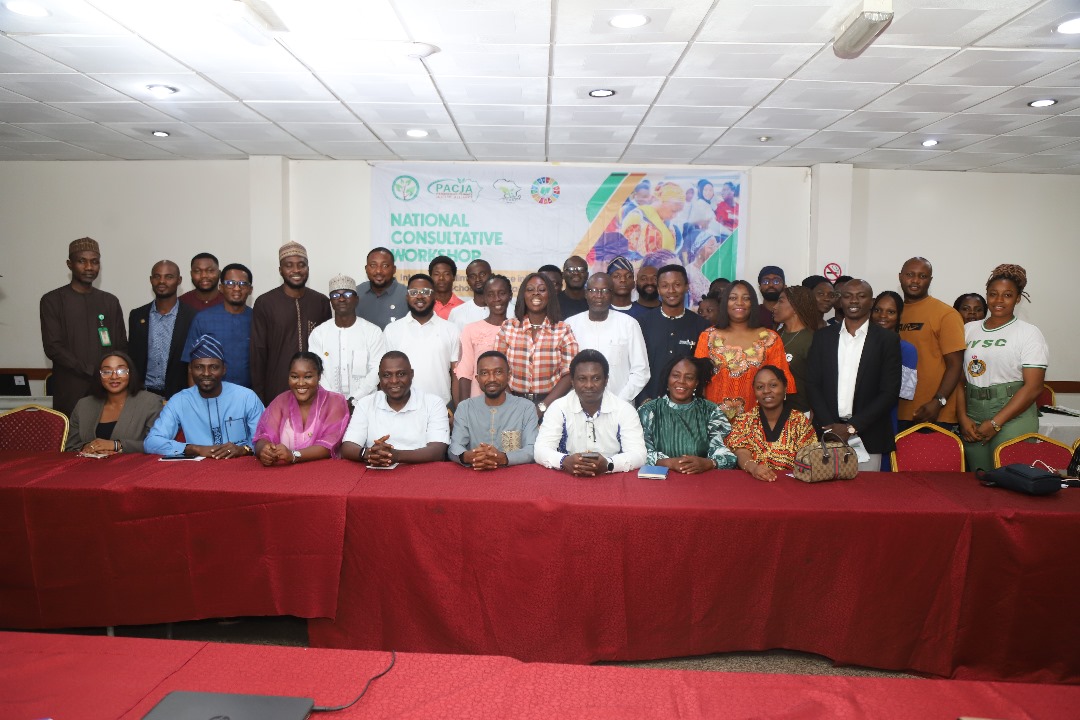
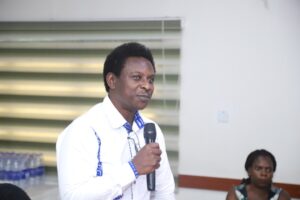 In his remarks, Mr Atayi Babs, former National Network Coordinator of CSDevNet, said the initiative aimed to build the next generation of climate justice advocates through early engagement.
In his remarks, Mr Atayi Babs, former National Network Coordinator of CSDevNet, said the initiative aimed to build the next generation of climate justice advocates through early engagement.